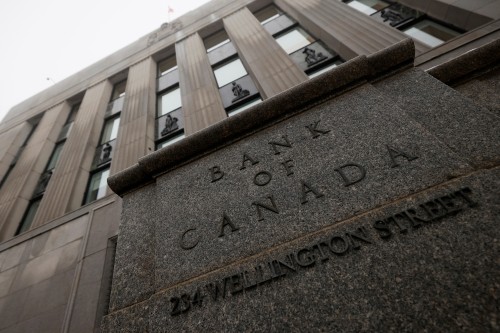By David Ljunggren
OTTAWA, Dec 16 (Reuters) – Bank of Canada Governor Tiff Macklem on Monday said the world was now more prone to economic shocks and the central bank therefore needed to ensure it was better prepared for an uncertain future.
Macklem said deglobalization, demographic shifts, digitalization and decarbonization were all having significant effects on jobs, growth and inflation while trade protectionism and economic fragmentation were rising.
“The future looks more uncertain, and more prone to shocks than we would all like. We need to be prepared. And that work is underway,” he told the Greater Vancouver Board of Trade in his last scheduled speech of the year.
For 2025, the bank’s key priorities are working with international partners, improving analysis and using better tools to respond to inevitable shocks, and ensuring the monetary policy framework was fit for purpose, he said.
The combination of higher sovereign debt, higher long-term interest rates and lower economic growth is making the world more vulnerable while war, geopolitical tensions and the rising threat of protectionism are compounding these vulnerabilities, Macklem said.
“The democracies of the G7 will be stronger if we confront our shared economic security issues together,” he added.
The bank last week slashed its key policy rate by 50 basis points to 3.25% to help address slower growth and indicated that the pace of further cuts would be more gradual, a message that Macklem reiterated on Monday.
Inflation is now at 2%, the bank’s target.
“Monetary policy has worked to restore low inflation. Interest rates have come down substantially, and household spending has begun to pick up. But I am not here to give a victory speech,” said Macklem.
(Reporting by David Ljunggren, editing by Ismail Shakil)
((Reuters Ottawa bureau, +1 647 480 7921; [email protected]))


